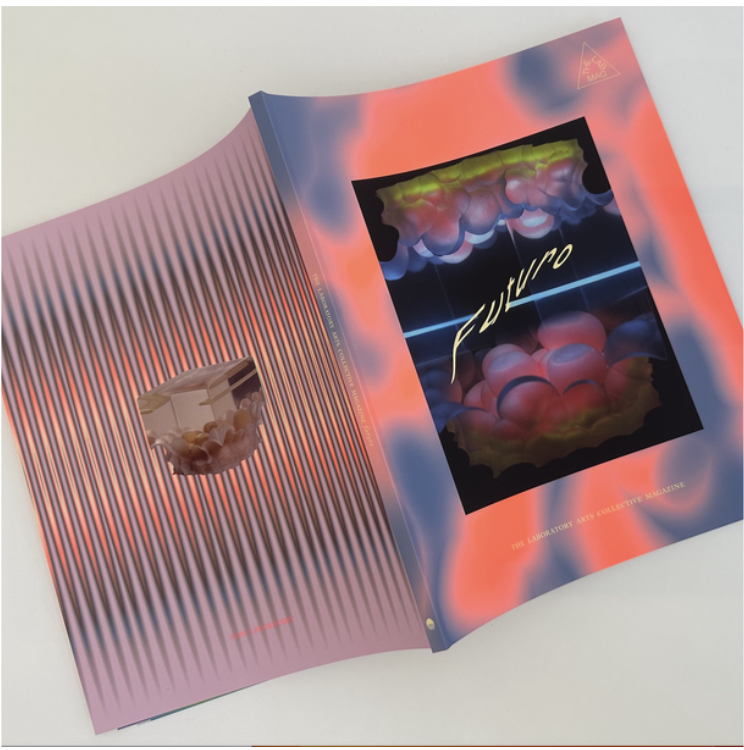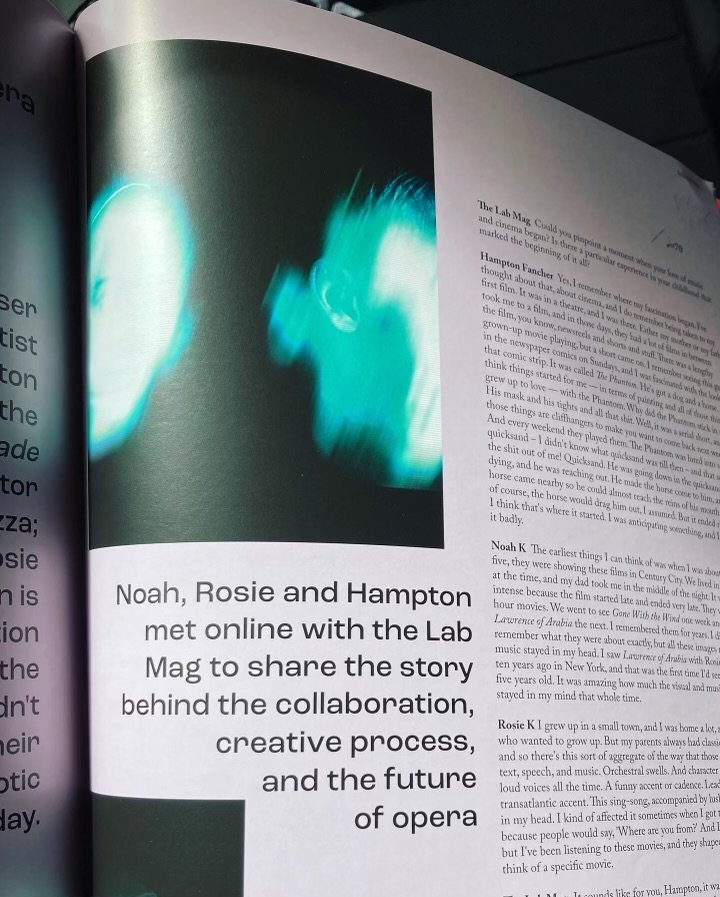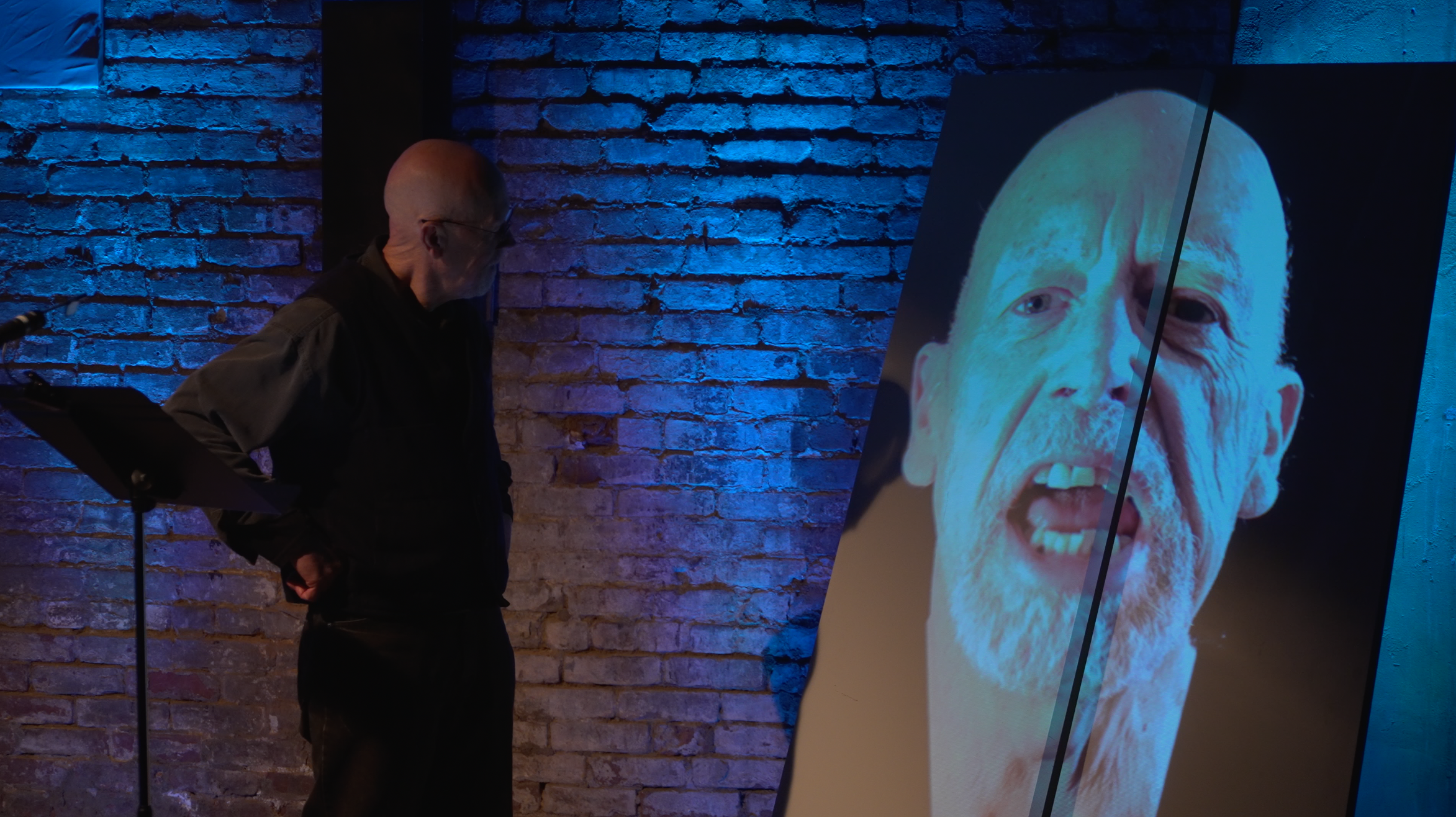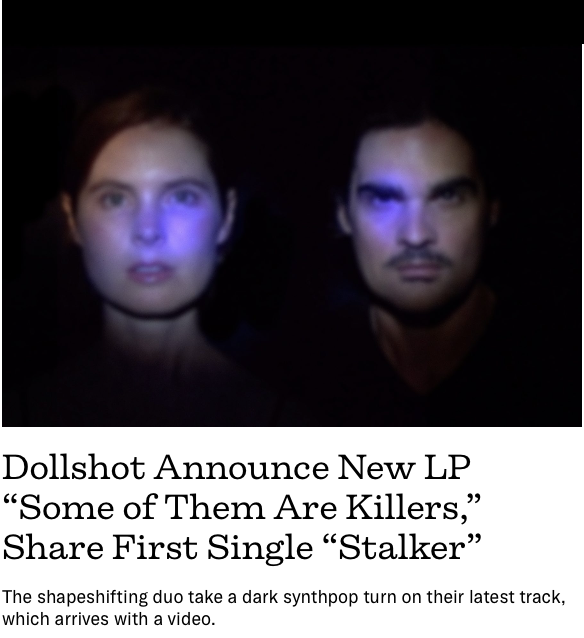Kevin Desmond [singing] Getting to know you…getting to know all about you…
Ohal Grietzer Rosie emailed me a couple months ago and asked if I would be into the idea of having a conversation and that sounded interesting to me, and then I listened to your recordings. But I guess, since we don’t know each other at all, do you think that context is important for the appreciation of a work of art, or for your work specifically?
Barton Knight Musically, I don’t really think so. No, I think it stands by itself. People don’t have to know how we made it. It doesn’t matter because the end product will be different.
KD Maybe we should talk about, without going into the depth of process, what it is – the source recordings. That drone-y airy horny thing, that’s not doctored at all. Barton made that recording.
BK Pure field recording.
KD It was New Year’s Eve, turn of the century, and they’re steam engines. It was at some kind of industrial technical high school that had this collection of these massive steam engines. I guess they were steam freaks. Because on New Year’s Eve they threw this party for themselves and they took everything outside…
BK And they would just blow it off when New Year’s came. That was the year 2000.
KD So really when you think about it, these teachers, these industrial tech teachers, actually composed that piece in real time. It was just improvising. What made it really beautiful was this sound was just travelling down this open river space, and has this slow decay, you know.
BK And even though it was on a highway, there was no traffic at all, it was dead quiet.
KD Deathly cold. And all we needed to do really, to be honest, was just slow it down half-speed, so the decay rate was that much slower. All those blasts would just tragically sort of disappear… Then it would be replaced by another one. So it’s just rolling…steam powered blasts from a distance. And so that’s what that’s about, basically.
BK A lot of our music is that, it’s there already. You know. We just hear it and tape record it.
OG So would you say your methodology is more sculptural? Like assemblage of looking at a palette of different textures and colors and sort of drifting from the first element you find captivating and building on top of it?
KD Maybe it’s an adaptive process to try to stay sane and alive instead of being irritated by noise, is to embrace the idea of noise so you won’t be driven out of your mind by it and then eventually you come to see that it’s all music. All we do is shift. We shift…
The context is they’re not related in the world that we know, but they are related in how we take the world we know and just tweak it a little bit. So it just begins with something, laying it on a timeline and pulling things out of the library and see if you can build this means of escape from this particular world by using the prompts.
So it’s sort of a psychological adjustment to reality. You can deal with reality, you can shift reality. You can live inside your head, you can have your head blasted open by what’s outside trying to make its way in. And that little dance, the balance that you do is basically what that music is. Sort of. In a certain sense.
OG And do you have a favorite technique, between cutting and pasting or EQ or delay –
BK We listen to things and listen to them in different ways just so we can get the music out of it. We do it the simple way so we don’t process the hell out of it. When we started it was all tape-based and it’s just the problems that we don’t have now with layering too much hiss on. All the technical problems. We kept it simple.
OG I think that for me the thing that’s compelling about field recordings and where it meets, like certain works in contemporary music, modern music, and even electronic music and pop music, is that it’s unengaging art, in a sense. It can exist, it’s non-demanding and you can go in and out of it. I’m wondering what your thoughts are on that. If you think about art as self-expression, because for me, these two concepts are separate and I lean much more towards a sort of un-engaging art and of things that stand in opposition to the idea of art as self-expression and the self as present.
KD I think what we do is take the familiar, and try not to make it too challenging and offer a person an opportunity to drift. In real time, in the doing of it, it’s extremely serious but we’re really afraid to take ourselves all that seriously, you know. Cause it’s kind of pomposity.
BK Well because we feel like we’re folk artists.
OG Like a craft.
BK In the beginning we were pulling old equipment out of the garbage and fixing it so we could use it to record. It was really low tech in the beginning. I’ve made more than a couple microphones by – you can’t do it now, much – finding old telephones in garbage and you take the mic element out…
OG Like the piezo mic.
BK Yea, and you connect the battery with a 1k resistor across it. And sometimes you get a good one and it sounds really great and sometimes you get a lousy one. We had to make a mic setup to go on poles that stick down an oil tank outside of a house and we banged on the tanks in one of our recordings. I don’t remember which one. It’s in there somewhere.
KD We’re into garbage recycling. Talking about that second piece, Pipe, that’s more melodic, it starts in the beginning with all these tinkling sounds. And that was nothing more than lead plumbing pipes that were found a curb out for the bulk garbage collection. We grifted them, tied them together, tied them onto a bicycle, rigged up the bicycle with mics and a recorder, or maybe that was one thing. And the other thing was I following you with the mics…
BK Yea, you were chasing me.
KD And you were pedaling down a road and I’m collecting… It’s very low budget. One of the pieces – we were up in Maine one summer, we were eavesdropping. There was this old traditionally American clapboard, weatherboard, steeple, painted white Baptist church in the middle of Jeffersonville, Maine.
BK We went one Sunday morning just to get the church bell. Because it wasn’t electronic like they usually are.
KD Nice clang.
OG [Laughs.]
BK We’re sitting in the car and it was windy out, so we had recorded from inside the car and then we heard them singing.
KD So we scurried into the bushes.
BK Yea we crept up, opened the door a little bit.
OG Is that the track with the guitar?
KD Yea. And that’s Barton playing, that same trip, an acoustic in a barn. Blueberry Hill. The barn had swallows and chickens around, and it was really dry. Of course we messed with it. But yes, that’s the one with the guitar and basically that’s just eavesdropping on other people’s anguished desire to reach the deity somehow.








